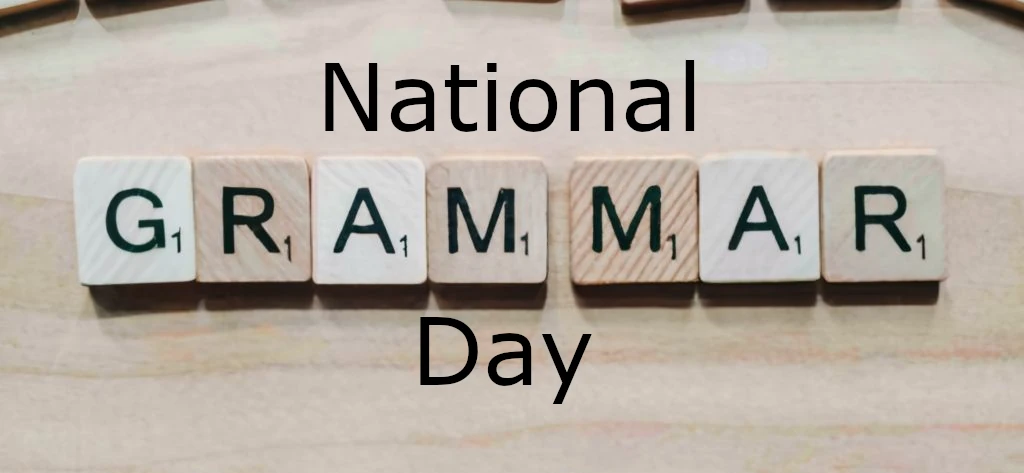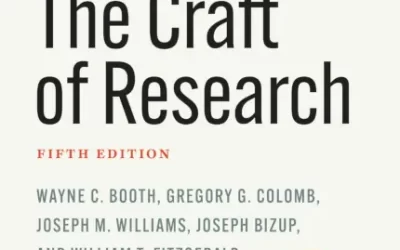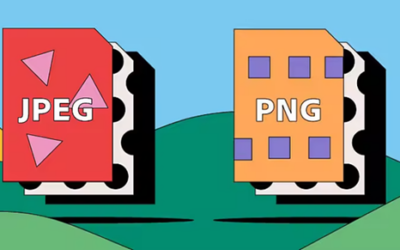March 4th marks National Grammar Day in the United States. Started by author Martha Brockenbrough, the founder of the Society for the Promotion of Good Grammar, National Grammar Day was officially recognized by George W. Bush in 2008, and has been celebrated annually since. Martha established the day to help her students interact with grammar in a positive and more active way. As the National Grammar day website states: “Language is something to be celebrated, and March 4th is the perfect day to do it. It’s not only a date, it’s an imperative: March forth on March 4th to speak well, write well, and help others do the same!”

As editors here at Technica Editorial, we deal with grammar dos and don’ts every day. Whether it’s a light proofread before publication or a heavy developmental edit to make a manuscript readable, we’ve worked our way through countless style guides, each with its own set of rules. For years, writers and editors have tried to convince everyone that certain grammar rules are hard and fast and can never be broken. Yet many of these are just myths— and in honor of the day, I’ll be debunking a few of the most egregious myths that plague the world of grammar and editing.
- You can’t start a sentence with a conjunction like and, but, however, or yet. I’ve already debunked this myth with the last sentence of the previous paragraph by daring to start the sentence with the word “yet”. According to the Chicago Manual of Style, “there is no historical or grammatical foundation” for this myth. Grammar Girl further debunked this by showing that the myth likely originated in the 19th century with schoolteachers banning sentences from starting with conjunctions because their students were overusing them (a bit overkill if you ask me).
- You can’t end a sentence with a preposition. Unless you’d like to write in the same way that Yoda speaks, you’re eventually going to have to break this “rule.” Winston Churchill famously commented on this myth by saying, “This is the type of arrant pedantry up with which I shall not put.” While there are many instances in which a sentence can end on a preposition, there are cases where the rule is true in the eyes of many writers and editors. Most grammar experts believe that in sentences where the preposition could be left off and the sentence’s meaning is retained, it’s best to remove the preposition. One common example is “Where are you” instead of “Where are you at?”
- Passive voice should always be avoided. While I’m all for the notion of being more assertive in writing, sometimes a more passive-aggressive approach is necessary. The passive voice is acceptable and encouraged in cases where the emphasis should be placed on the person or object experiencing an action as opposed to that which is performing the action. An example of this would be “The White House was built in 1797.” The White House should be the focus of the sentence, and the passive voice should be used.
- The word “a” should be used before nouns that start with consonants and “an” should be used before words that start with vowels. Anyone who has a pulse and speaks words knows this is one of the biggest myths of all. The word “a” should be used as the article before any word that starts with a consonant sound while “an” should be used before any word that starts with a vowel sound. For instance, it’s not “a hour,” it’s “an hour.” If it doesn’t sound correct when you say it out loud as you’re writing, it probably isn’t grammatically correct.
What are some other grammar myths and legends that you’ve heard and want debunked? Let us know in the comments below —and Happy National Grammar Day!
By: Chris Moffitt
Chris is a Managing Editor at Technica Editorial




